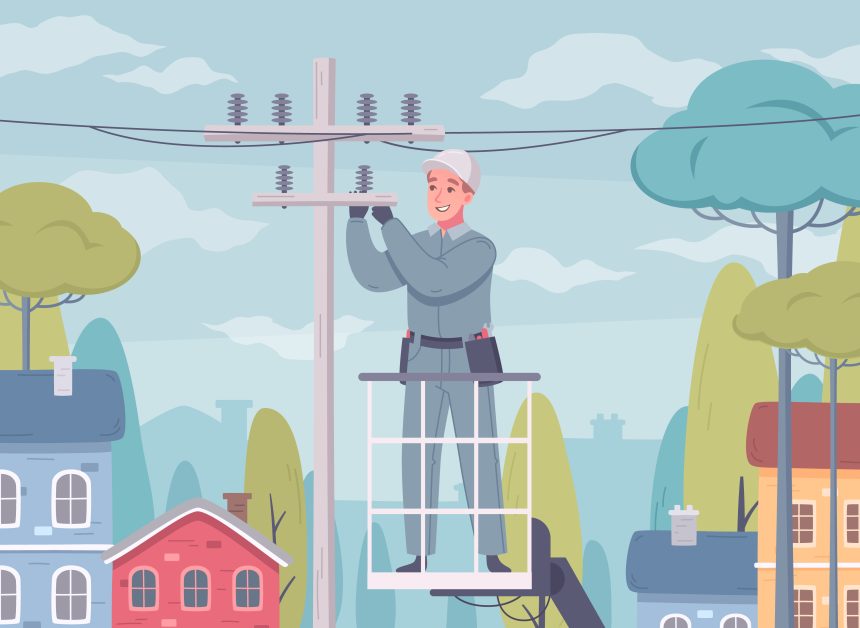Electricity has become an indispensable part of our daily lives, transforming the way we live, work, and interact. In the realm of residential living, electricity plays a crucial role in powering our homes, providing us with comfort, convenience, and connectivity.
The Importance of Residential Electricity
Residential electricity is the lifeblood of modern homes, enabling us to perform essential tasks, operate appliances, and stay connected. From the moment we wake up to the time we go to sleep, electricity powers our lighting, heating, cooling, and entertainment systems. It enables us to cook meals, refrigerate food, and perform daily chores with ease.
Beyond basic necessities, electricity also supports our increasingly digital lifestyles. From smartphones and laptops to smart home devices, our reliance on electricity to stay connected and access information is growing. Furthermore, electricity powers our healthcare devices, ensuring the well-being of individuals with medical conditions.
Impact on Households
The availability of reliable residential electricity has a profound impact on households. It improves our quality of life, making our homes comfortable, safe, and efficient. With proper lighting, we can create cozy atmospheres and enhance productivity. Heating and cooling systems keep us comfortable throughout the year, regardless of the weather outside.
Electricity also plays a vital role in household security. It powers security systems, surveillance cameras, and motion detectors, offering peace of mind to homeowners and protecting their properties. Moreover, electricity is instrumental in powering appliances such as refrigerators and freezers, preserving food, and reducing waste.
The affordability of residential electricity is another crucial aspect. Access to reliable and affordable electricity ensures that households can allocate their resources efficiently, without compromising on essential needs. It promotes economic growth by facilitating productivity, job creation, and technological advancements.
Conclusion:
Residential electricity is an essential component of modern living, powering our homes and enabling us to lead comfortable and connected lives. Its significance goes beyond basic necessities, extending to healthcare, security, and digital connectivity. As we move forward, it is crucial to focus on the sustainability of residential electricity.
The future lies in renewable energy sources such as solar, wind, and hydroelectric power. Embracing these sustainable alternatives not only reduces our carbon footprint but also ensures a reliable and secure energy supply for future generations. Moreover, energy-efficient technologies, smart grids, and home automation systems can optimize electricity usage, making our homes more sustainable and cost-effective.












